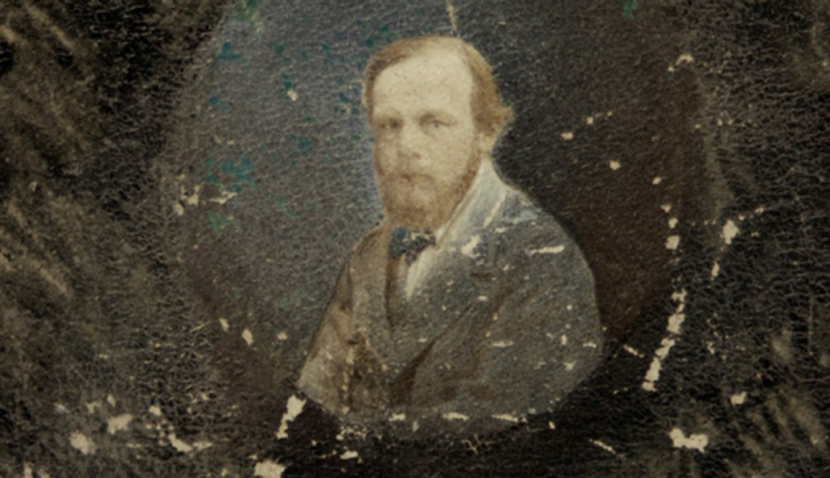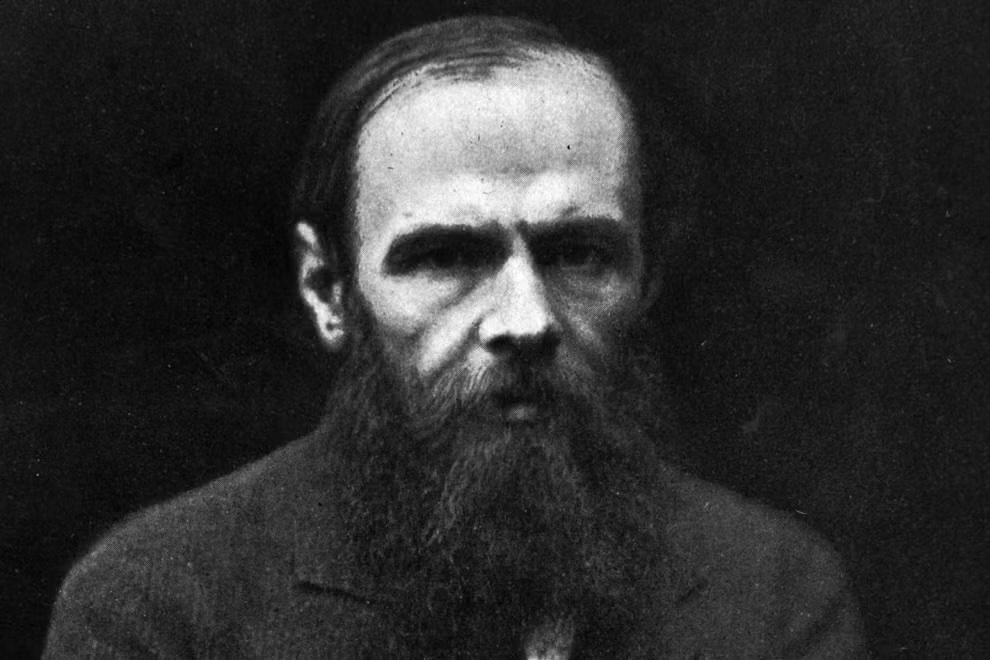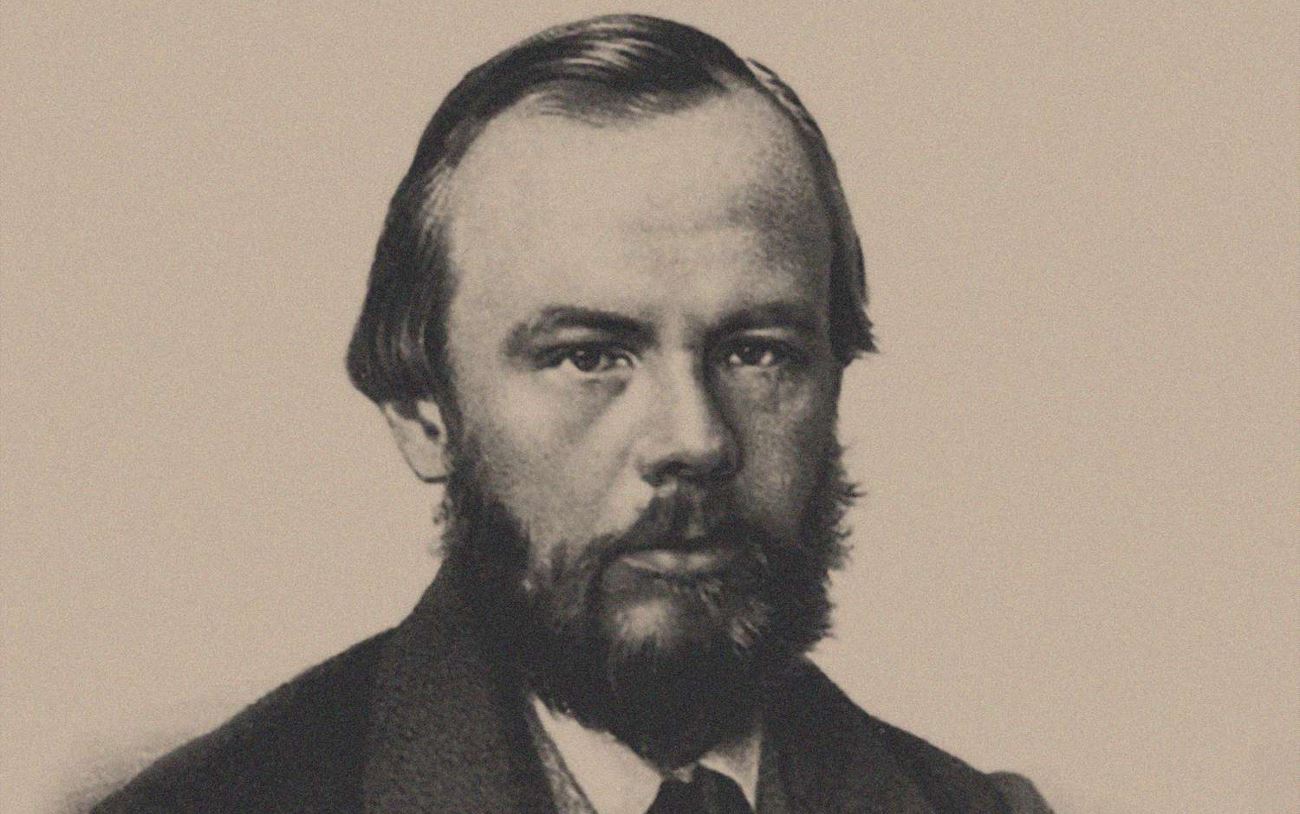Gary Saul Morson’s characteristically learned and insightful essay on Dostoevsky raises the question of how a writer with such a profound understanding of good and evil could fall prey to such a rudimentary moral failing as Jew-hatred. As Morson says, the implications of this question go far beyond Dostoevsky himself. His example reveals one of the most troubling qualities of anti-Semitism, here and now as in 19th-century Russia: its shamelessness. Many people who congratulate themselves on their benevolence, and would be deeply ashamed of being exposed as racist or homophobic, take a certain pride in hating Jews.
This is not simple hypocrisy. Rather, it is a sign that anti-Semitism is differently constituted from other kinds of prejudice, so that to those who harbor it, it doesn’t feel like a prejudice at all. Instead, it feels like an idea.
Dostoevsky expresses this distinction in the letter to a Jewish correspondent quoted by Morson. The novelist complains about being “placed among the haters of Jews as a people,” protesting that “there was never any such hatred in my heart.” This is no doubt true: intellectuals are seldom governed by heart-hatred, which operates on the level of instinct and so is unable to give a rational account of itself. Racism and homophobia belong more to this category, and it is their essential unreasonableness that makes these prejudices exemplary targets for enlightenment.
But Dostoevsky has no qualms about acknowledging his hatred of “Yid-ism,” which he calls “a well-known idea” and “a well-known concept.” That’s because hating a race is primitive, but hating an idea is eminently intellectual. Indeed, modern intellectuals often define themselves by the idea they hate, whether it’s capitalism or racism or settler-colonialism. And it’s no coincidence that hatred of Jews is the only prejudice whose name follows this grammatical construction.
The German intellectual Wilhelm Marr coined the term “anti-Semitism” in a book published in 1879, the same year that The Brothers Karamazov began to appear as a serial in a Russian magazine. For Marr, anti-Semitism wasn’t a heart-hatred but a principled hostility to “Semitism,” an ideology supposedly espoused by all Jews. In The Victory of Judaism Over Germandom, Marr wrote that “the Jewish spirit and Jewish consciousness have overpowered the world,” echoing Dostoevsky’s complaint that Jews were responsible for the triumph of European “materialism.”
Today “anti-Semite” is considered an insult, so even people who deserve the title try to escape it. But in the late 19th century, anti-Semitism was as openly avowed as other political philosophies like socialism or Communism. Marr founded a League of Anti-Semites, and Karl Lueger, the popular mayor of Vienna around the turn of the 20th century, was head of the parliamentary Anti-Semitic Union. The saying “Anti-Semitism is the socialism of fools,” coined by the German left at this time, recognized the structural similarity between these rival worldviews.
In treating the Jews as a synecdoche for all the developments in modern civilization that they detested, anti-Semites belonged to a very long tradition. As David Nirenberg shows in his excellent book Anti-Judaism, Jews were being used for this purpose even in ancient times. But it was Christianity that made it one of the fundamental habits of the European mind. Starting with the apostle Paul, who said that Judaism was based on the letter that killeth and Christianity on the spirit that giveth life, Western self-criticism has often taken the form of attacking its own Judaizing tendencies. This useful technique makes it possible to recall Christians to their duty while suggesting that they are not really at fault, since they have been led astray by Jews or Jewish values.
Thus for Dostoevsky, the rise of capitalism in the 19th century meant that Christians were giving into the Jewish vice of “blind, carnivorous lust . . . for personal accumulation of money.” Similarly, Marr wrote sarcastically that “the Jews are the best citizens of this modern, Christian state,” meaning that Germany had institutionalized the Jewish vice of materialism. Today, Israel often serves the same rhetorical function for Europeans, who like to accuse the Jewish state of the things they are most ashamed of in their own history, from nationalism to colonialism to genocide.
Dostoevsky’s anti-Semitic ideas are found in his letters and diaries and journalism, where they are uttered, as it were, in propria persona; as Morson observes, Jews are almost never mentioned in his fiction. It may seem paradoxical for the man to be smaller, spiritually and intellectually, than the writer, but in fact that is usually the case with great artists. What they do and even what they think is not much different from the people who surround them. For a Russian patriot and Orthodox believer like Dostoevsky, it would have been almost impossible not to be anti-Semitic, just as it would have been almost impossible for a writer from the American south like William Faulkner to be free from the prejudices of his milieu.
The greatness of such artists lies, rather, in their ability to evade their own limitations when creating art. Literary criticism has long identified Dostoevsky’s genius as his ability to bring very different kinds of characters to life and set them clashing without insisting that one is right and the others wrong. In The Brothers Karamazov, when we read about Alyosha, we feel that the novel must be endorsing his message of meek Christian love. But when Ivan Karamazov says he would rather return to his “ticket” to the world than accept a God who could create so much evil, he too sounds irrefutable. The purpose of the novel isn’t to decide which brother is right, but to create a world in which they can both exist.
This is the quality that the Russian literary theorist Mikhail Bakhtin famously referred to as Dostoevsky’s “polyphony,” calling it a “Copernican revolution” in fiction, since it removed the author from his traditional position as the moral arbiter of his own work. Perhaps Dostoevsky’s polyphony can also be credited with saving him from his own prejudices. On some level, he must have known that the man who railed against “the Yid Disraeli” and saw the Russo-Turkish war as presaging the end of the world could have been a character in one of his novels, but that man could never have written them.
More about: Anti-Semitism, Arts & Culture, Fyodor Dostoevsky, History & Ideas







